Preferential trade agreements enhance global trade at the expense of its resilience

By A Mystery Man Writer
Bi- and multilateral trade agreements can make commodity trade networks more efficient and lead to more rapid growth of the volume of trade, but these gains come at the expense of resilience to economic shocks, such as the 2009 global financial crisis which decimated economies around the world. A new study published in the journal PLOS ONE makes use of the similarities between ecosystems and commodity trade networks to explore these phenomena.

Diversifying Supply Chains: The Role of Development Assistance and Other Official Finance

IMMEX Program Demystified: Unlocking Mexico's Export Potential
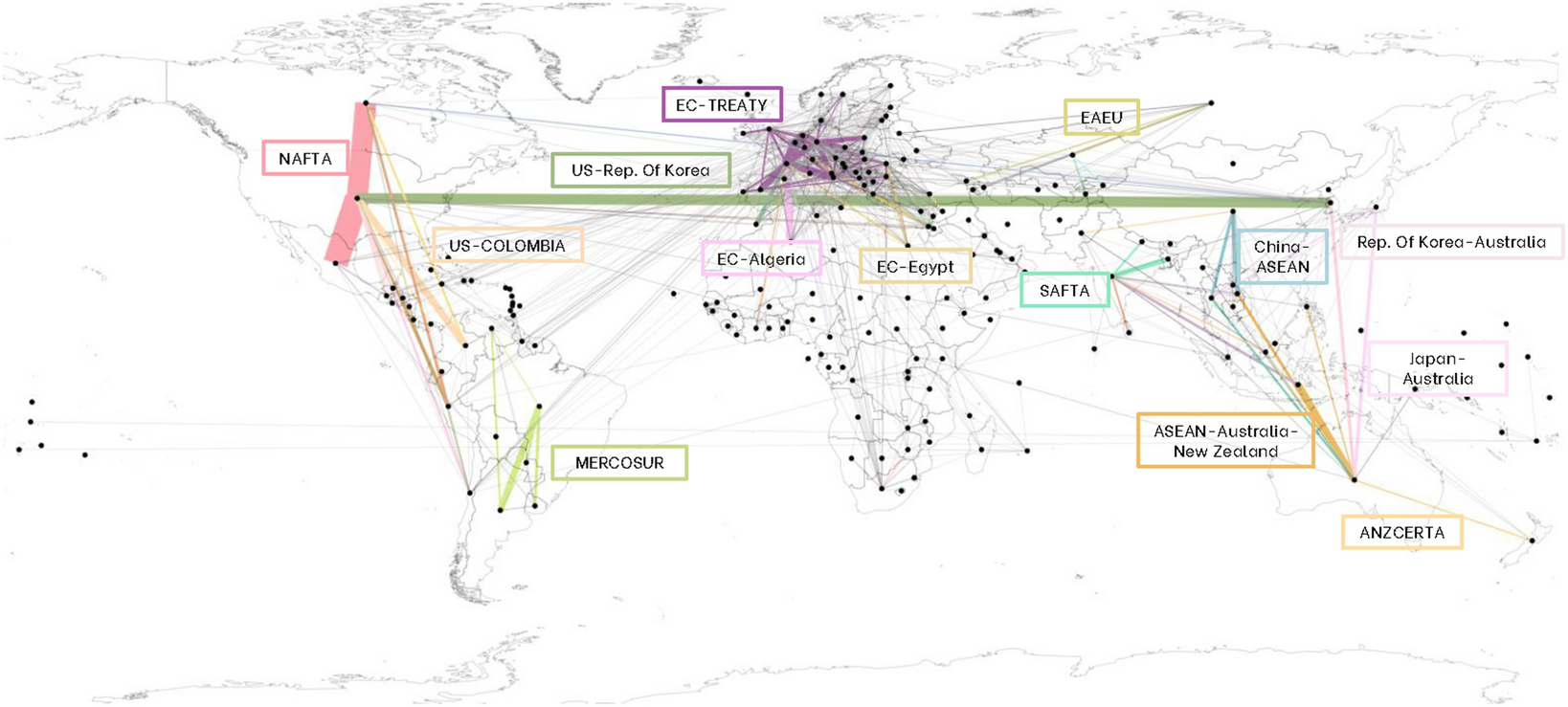
Role of trade agreements in the global cereal market and implications for virtual water flows

Make Global Trade Data Work for You
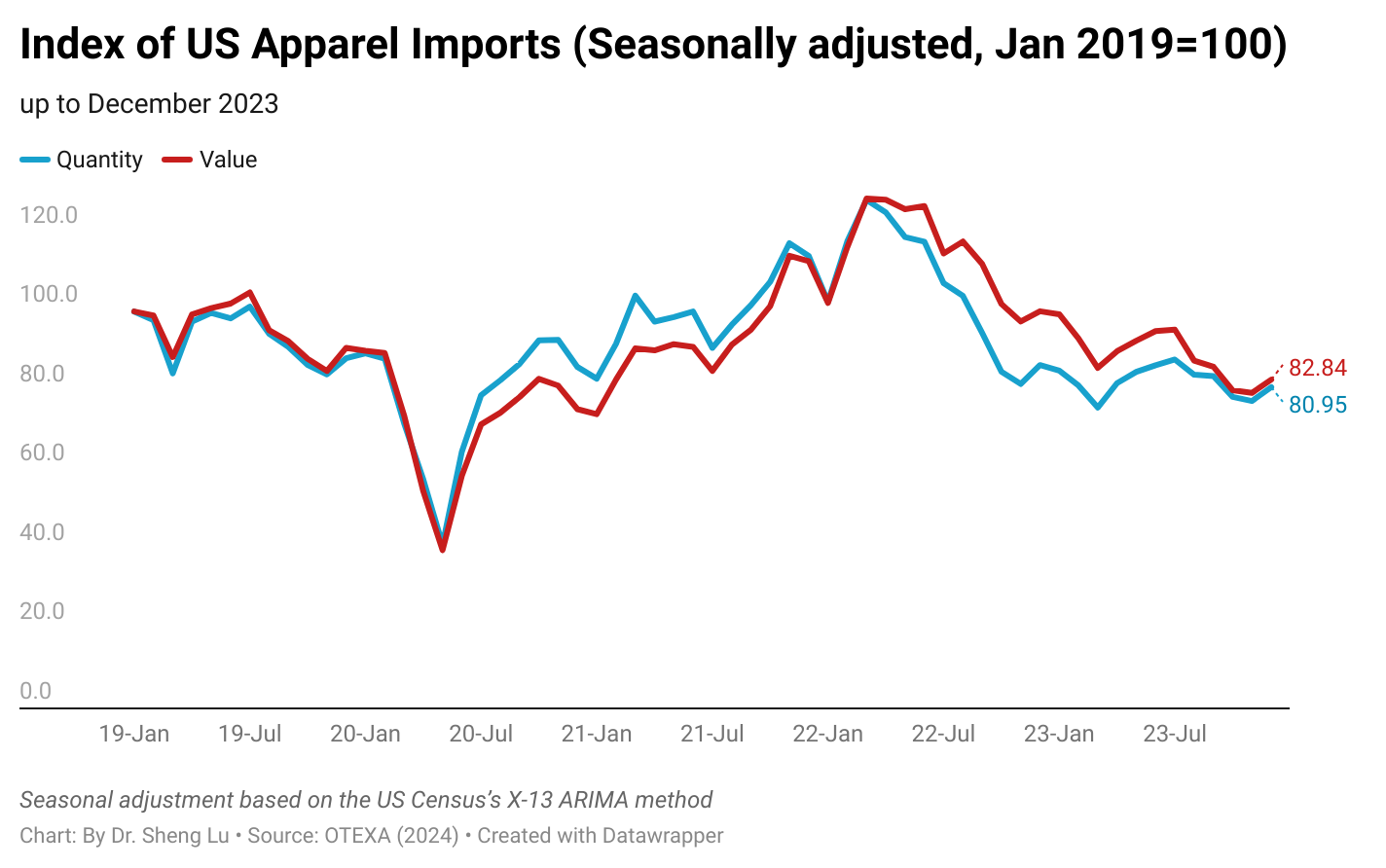
Free trade agreement and trade preference program – FASH455 Global Apparel & Textile Trade and Sourcing

Vietnam's Economic Odyssey: A flashback to 2023 and glimpses into 2024 - Source of Asia

State of Trade 2022: The Benefits of Free Trade Agreements

Shedding light on one of environmental policy's most under-the-radar strategies
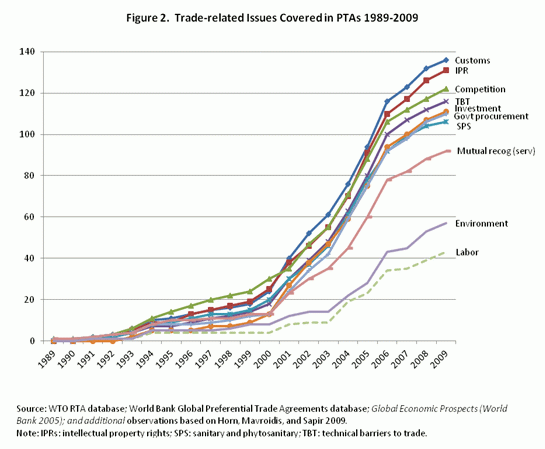
Preferential trade agreements: The Swiss knife of trade policy?
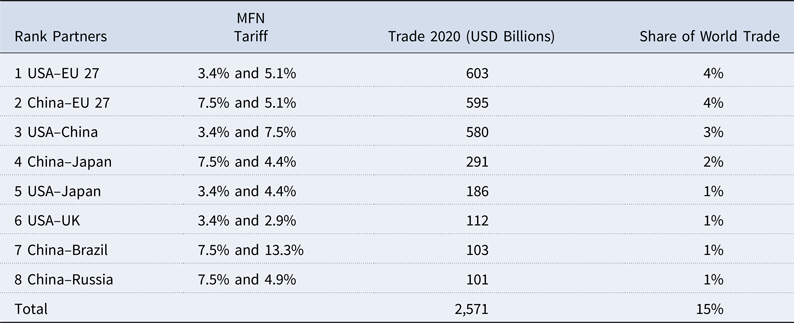
Preferential Trade Agreements, Geopolitics, and the Fragmentation of World Trade, World Trade Review

WTO 2021 News items - Vulnerabilities, resilience in global trading system examined in World Trade Report 2021

From the Local to the Global: The Politics of Globalization - Rewiring Globalization - Carnegie Europe - Carnegie Endowment for International Peace
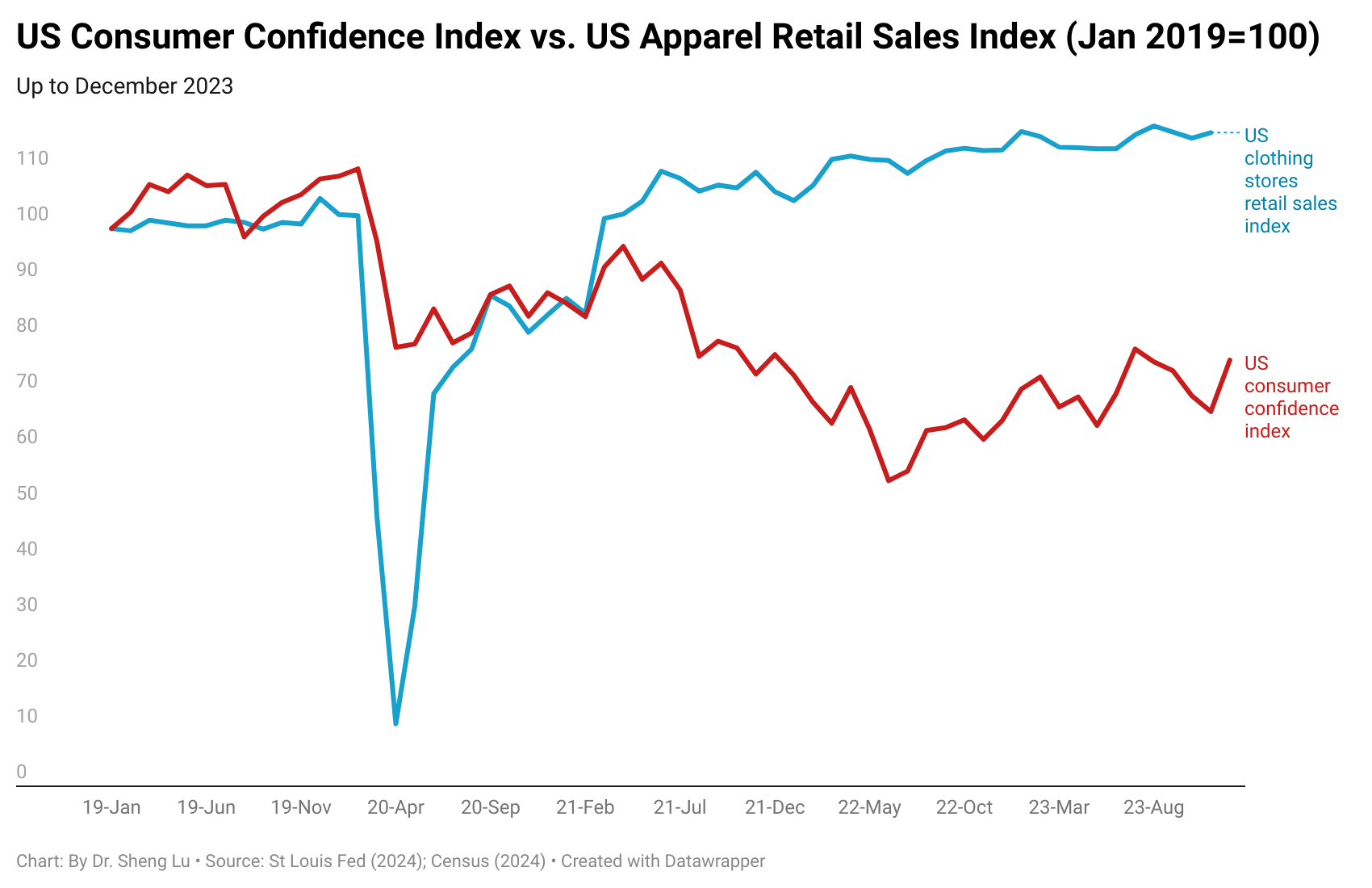
Free trade agreement and trade preference program – FASH455 Global Apparel & Textile Trade and Sourcing

Opinion: What resilience should mean to policymakers
- Free trade agreements of the United Kingdom - Wikipedia
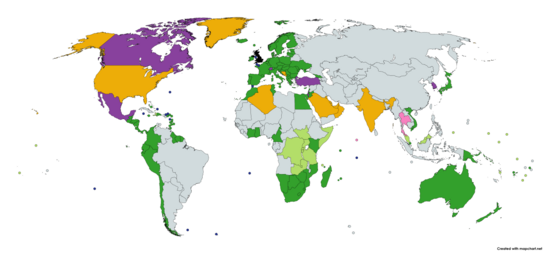
- Economies Benefiting Most from Free Trade Agreements

- What we need to know about free trade agreements., by The International Hub
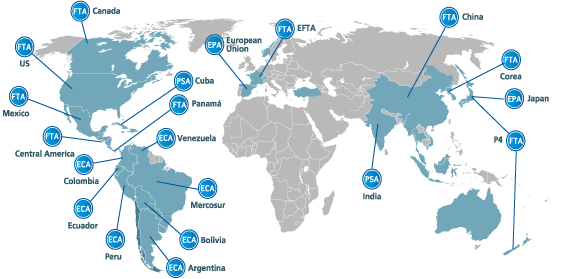
- Updated IBA Guide to International Trade Agreements reflects significant shift in the international landscape
- Call to Action: 10 September 2023 - International Day of Action Against the WTO and Free Trade Agreements : Via Campesina
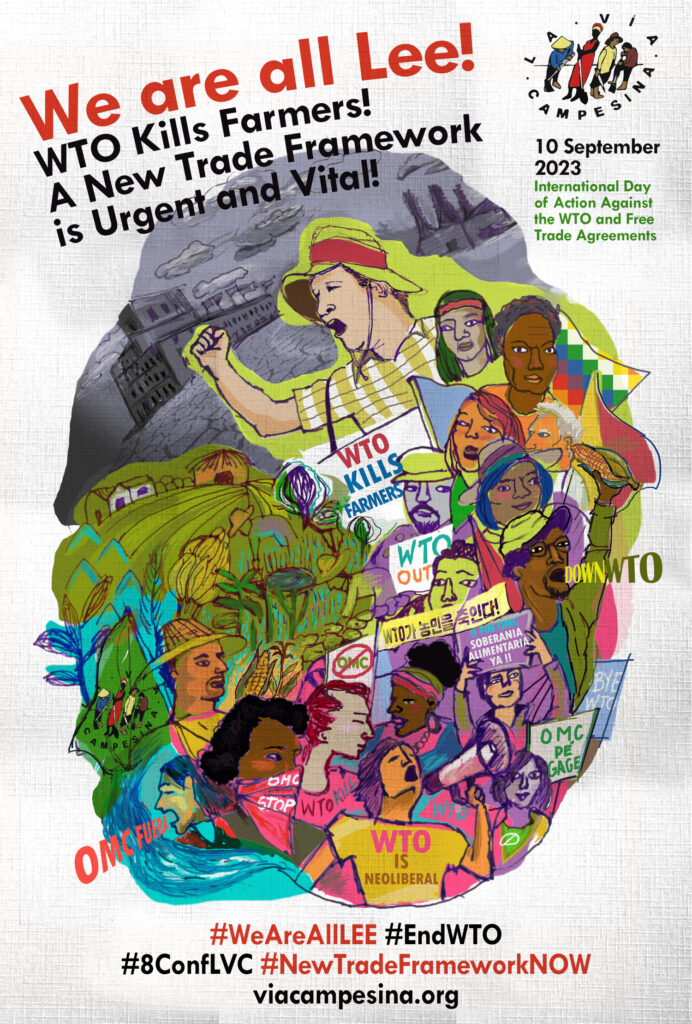
- Lululemon Dance Studio Jogger 29 Womens Size: 4 Dark Olive Active

- Big Size Seamless High-waist Women Underwear Solid Color Simple Black Cotton Panties Hip-lifting Panties For Women

- Legging Básica Compressão + Top Paty Açaí – Plus Size – Studio24 – Moda Fitness

- Black Flare Cargo Pants - In Bulk Case of 36 womens

- Marquette County West End Youth Center to host 2023 Monarch Butterfly Festival
